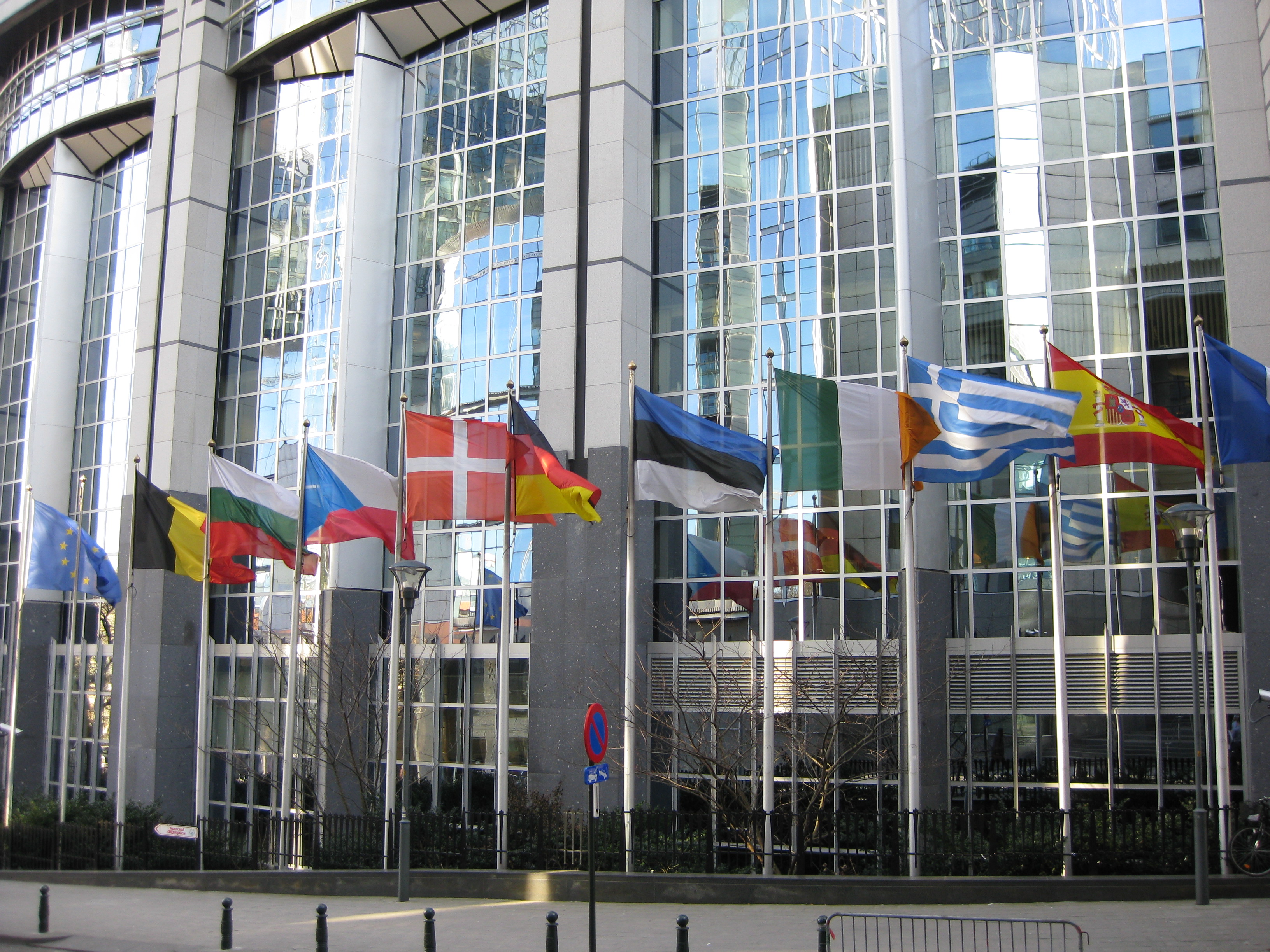In a resolution adopted today, the European Parliament has expressed its concern regarding “discriminatory laws and practices and acts of violence against individuals on the basis of their sexual orientation and gender identity.”
The adopted text is a recommendation from the Parliament to EU Member States to speak out for LGBTI people at the United Nations Human Rights Council.
The Parliament specifically expresses its concern over the situation of human rights defenders, which are in many states faced with unfair and restrictive legislation, such as the infamous Foreign Agents law in Russia.
In particular, it asks for increased support to LGBTI human rights defenders, who are additionally targeted through so-called anti-propaganda laws, which seek to obstruct the work of LGBTI civil society organisations.
Such laws are currently in place in Russia, Algeria, Nigeria as well as Lithuania, and under discussion in Kyrgyzstan.
Furthermore, MEPs reaffirmed their support for the work of the High Commissioner for Human Rights.
Reacting to the vote, Tanja Fajon MEP, Vice-President of the European Parliament’s LGBTI Intergroup, said: “The Parliament adopted a very strong resolution today, demanding nothing less than global equality for all.”
“Indeed, many countries are making incredible progress in respecting the human rights of LGBTI people. Yet, this progress may have overshadowed the lack of basic rights afforded to LGBTI people in other countries, who may even face a backlash. Even the EU itself still hasn’t achieved genuine equality in the struggle against homophobia and transphobia.”
Fabio Massimo Castaldo MEP, Vice-President of the European Parliament Intergroup on LGBTI Rights, added: “The United Nations have shown their clear commitment to universal and indivisible human rights, including for LGBT people.”
“Today the elected representatives of 500 million citizens aligned themselves with this commitment, raising their voice against violence and discrimination of LGBTI people anywhere in the world, and calling for full equality.”
Article originally published by the European Parliament’s Intergroup on LGBT Rights


